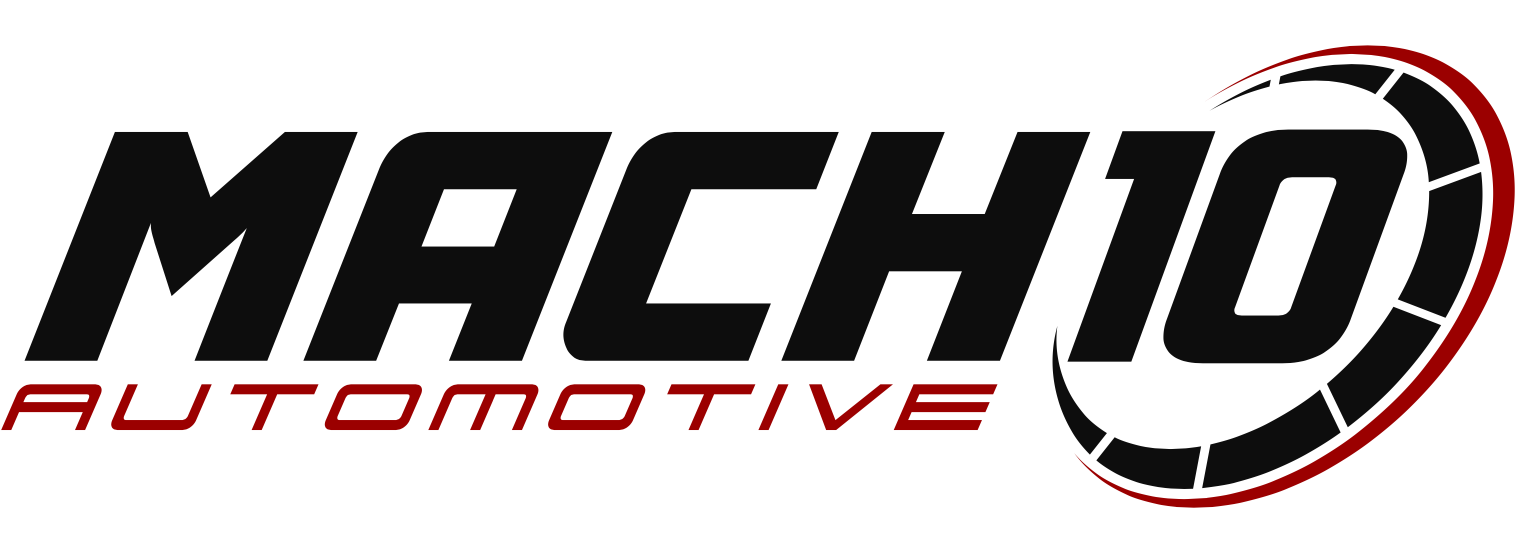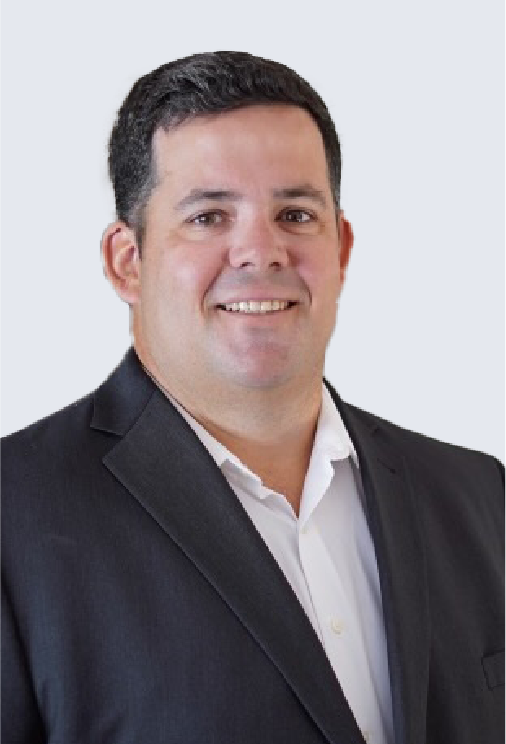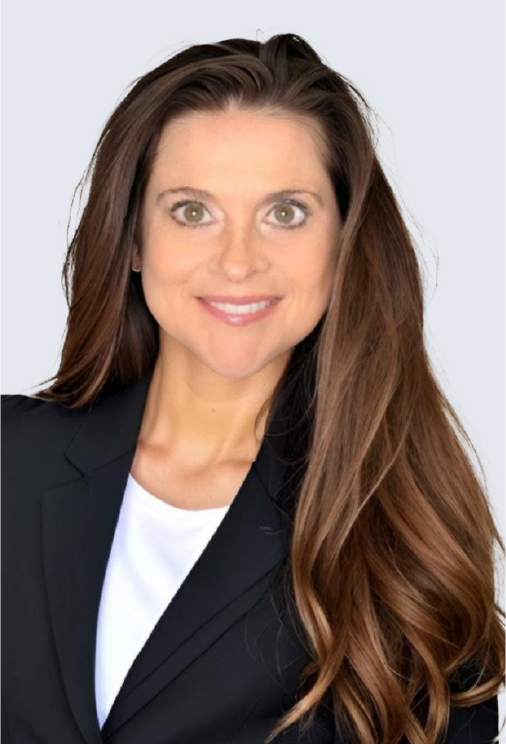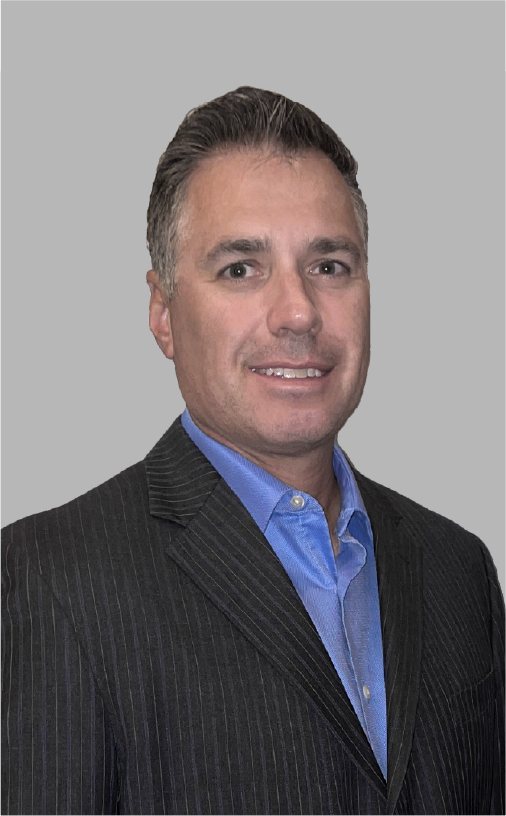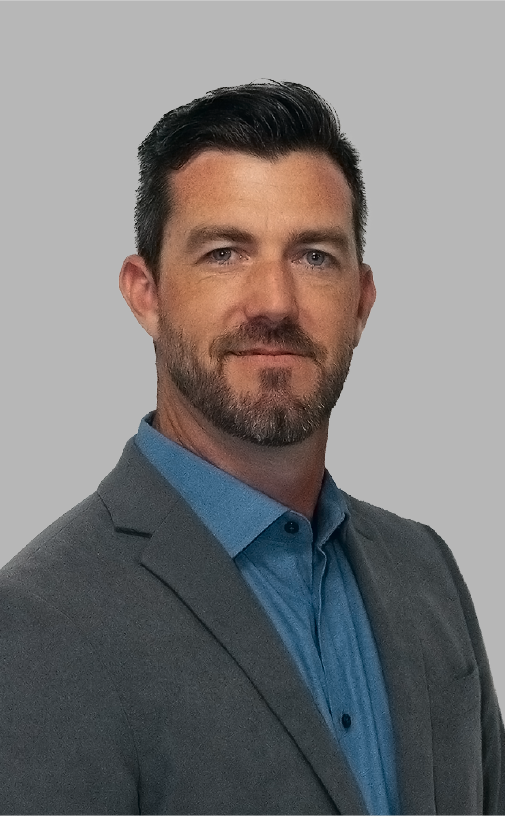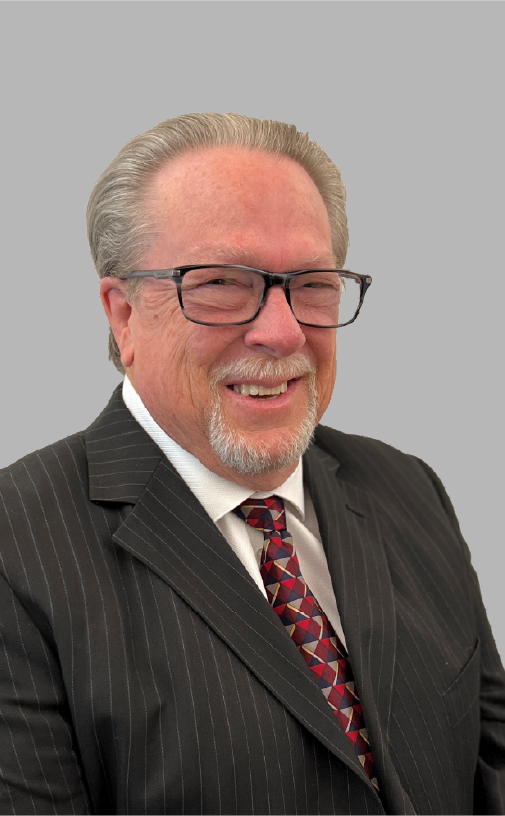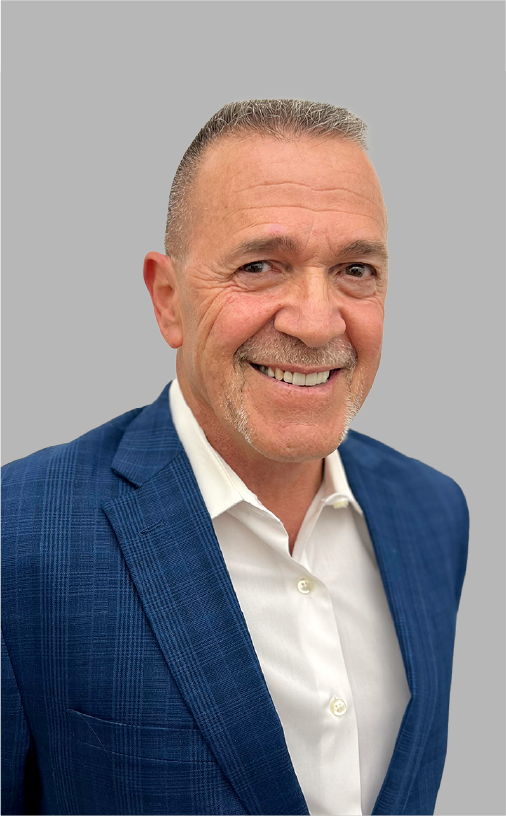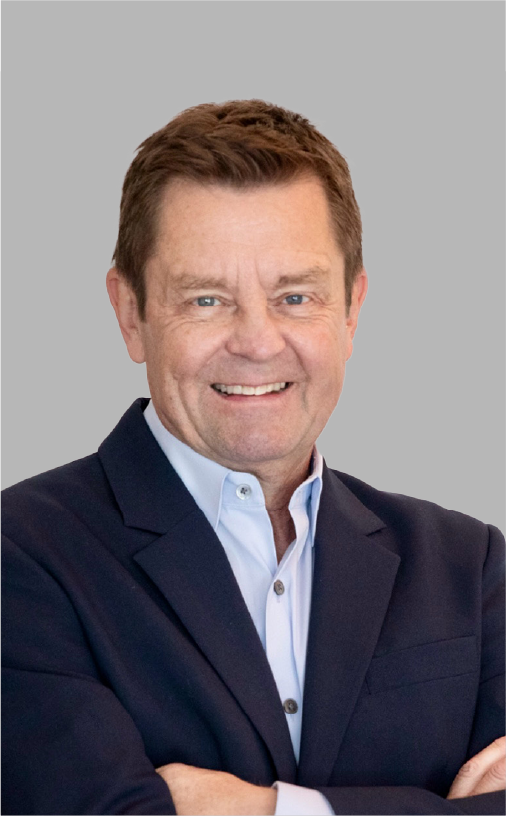Planning for Tomorrow: Succession Planning in Automotive Dealerships – Part 2

Owning and operating an automotive dealership, or group, is a demanding yet rewarding business. However, one of the most critical and often neglected aspects of owning a dealership is succession planning. While many dealers focus on day-to-day operations, few take the necessary steps to ensure long-term success through structured, transitional strategies. Succession planning isn’t just about preparing for the future or identifying a “successor”; it’s about maximizing business performance today while setting a foundation for sustained growth and stability.
At some point, every dealer principal must address key questions about the future of their business:
- Should I plan for growth through acquisitions?
- Is my business operating at its full capacity, and potential?
- Should I exit and capitalize on my success?
- Should I transfer ownership to family members?
- Should I transition the business through an Employee Stock Ownership Plan (ESOP)?
Tackling these questions requires more than casual contemplation – it demands a structured, strategic approach supported by expert guidance.
In the first article of this four-part series, I explored growth through acquisitions. In this next installment, I focus on the importance of optimizing business performance, ensuring that all operational departments of a dealership function at their best to deliver maximum results. Whether a dealer principal plans to retain ownership, transition leadership, or sell the business, identifying and improving underperforming assets is critical to maximizing value and ensuring seamless transition and successful exit.
Is my business operating at full capacity?
This question should always be at the forefront of every dealer principal’s mind. Running a dealership at full capacity means every department contributes optimally to revenue generation, customer satisfaction, and long-term sustainability. Pinpointing inefficiencies and enhancing productivity requires a strategic approach. While no two dealership operations are identical, several key areas often present opportunities for improvement.
Inventory management: Keeping the right stock in motion
Poor inventory management can create financial strain due to slow-moving or outdated vehicles. Optimizing turnover is key! Dealers should prioritize high-demand models while swiftly moving aged stock through strategic pricing, promotions, and auctions. Data-driven insights help align inventory with market trends, ensuring smarter purchasing decisions. Utilizing digital tools and competitive pricing can further streamline sales while maintaining profitability.
Enhancing Customer Relationship Management (CRM)
A dealership’s success relies heavily on strong customer relationships. Outdated CRM systems and poor follow-up processes lead to missed sales and low retention. Modernizing CRM tools, leveraging AI and the use of video, and segmenting customer data enable personalized marketing and lead nurturing. Loyalty programs and post-purchase engagement further boost retention. The key question is: Are you doing enough to keep your customers coming back?
Service and maintenance operations: Unlocking hidden revenue
Service and maintenance operations often represent untapped revenue potential. Underutilized service bays, inefficient scheduling, and weak upselling strategies hinder profitability. As vehicle sales margins tighten, upselling in service becomes increasingly critical. Service advisors, who have the closest relationships with customers, should be incentivized to identify upsell opportunities. Providing customers with video updates on their vehicle’s service status builds trust while presenting additional service recommendations. Efficient scheduling, ongoing technician training, and digital appointment booking tools further enhance operational efficiency and customer satisfaction.
Strengthening online presence and digital marketing
A dealership’s online presence is often the first touchpoint for potential customers. Low website traffic, poor conversion rates, and ineffective digital marketing strategies can significantly impact sales. Optimizing a dealership’s website to be mobile-friendly, informative, and transparent with complete pricing details enhances engagement. Investing in SEO and SEM strategies increases online visibility, while social media marketing builds community engagement. Paid digital advertising, such as Google Ads and Facebook Ads, helps target specific customer demographics, driving higher-quality leads to the dealership. Monitoring platforms like Yelp can provide valuable insights into consumer sentiment and reputation.
Human resources: Investing in staff performance and retention
High employee turnover can be costly, particularly in sales and service. A dealership’s workforce directly influences customer experience, sales performance, and profitability. Retaining top talent requires a positive work culture, competitive compensation, and career development opportunities. Regular training programs ensure staff stay updated on industry trends, product knowledge, and customer service techniques. Optimizing staffing schedules to align with peak hours enhances productivity while managing labor costs effectively.
Financial management and cost controls
Several factors can erode profitability and lead to financial instability, including excessive overhead costs, and poor cash flow management. Implementing cost reduction initiatives, including optimizing utility expenses, improves the bottom line. Strong financial reporting systems that track key performance indicators (KPIs) enable data-driven decision-making. Effective cash flow management, including timely accounts receivable collection and favorable supplier payment negotiations, ensures financial stability. Strategic tax planning can also uncover savings that directly impact profitability.
Facility and physical asset utilization
A dealership’s physical space should be optimized for both sales and service efficiency. Outdated facilities and inefficient layouts can negatively impact the customer experience and operational productivity. Investing in showroom and service area renovations creates a more appealing environment for customers. Maximizing available space, whether for vehicle storage, expanded service operations, or customer lounges, enhances efficiency. Whichever facility improvements you contemplate making, remember to discuss such plans with your OEM to ensure you take their requirements into account.
Vendor and supplier relationships: Strengthening business partnerships
Reliance on a limited number of suppliers or poorly negotiated vendor contracts can impact profitability. It is recommended to review and renegotiate supplier agreements regularly to ensure favorable terms and cost savings. Diversifying the supplier base allows for competitive pricing and reduces dependency on a single source. Establishing long-term relationships with reliable vendors fosters mutually beneficial partnerships that enhance business stability.
Measuring success through Key Performance Indicators (KPIs)
Tracking dealership performance through measurable KPIs is essential for continuous improvement. Low sales conversion rates, weak service retention, and declining profit margins signal areas needing attention. Establishing clear performance metrics across departments enables leadership to make informed decisions; that includes unit sales per employee, gross margin retention per transaction, increase in revenue per repair order, and customer satisfaction scores. Regular performance reviews provide insights into areas requiring course correction or intervention. Prioritizing customer experience remains a cornerstone of dealership success, as positive interactions drive repeat business and referrals.
Preparing for the Future Begins Today
Whether you are planning to expand, transition leadership, or sell the business, addressing underperforming assets is crucial to securing long-term success. Optimizing each department, managing the business through defined deliverables, and holding staff accountable enable dealer principals to enhance performance and business value.
Succession planning isn’t just about the future – it’s about driving excellence today. Ensuring a dealership operates at peak efficiency now sets the foundation for sustained growth and profitability, no matter what path lies ahead. The time to act is now. A well-optimized business today will yield a stronger, more successful dealership for years to come, or enable you to sell the business for the highest price when it is time to sell.
What’s next?
In the next article, I will address question 3, namely “Should I exit and capitalize on my success?”. I will explore what should be considered when Succession Planning will lead to the sale of the business, with an emphasis on positioning the dealership as a highly attractive and profitable business for potential buyers. A well-planned sale can result in significantly higher valuations, improved deal terms, and a smoother transition.
Planning for tomorrow starts today. Mach10 Automotive offers dealerships strategic advisory services including M&A, Succession Planning, and dealership performance optimization advisory services designed to ensure success today and setting the foundation for long-term stability and growth.
Author: George Pero
George Pero is an accomplished leader in the automotive industry. George began his career in the automotive retail sector, where he held various management positions. George’s career achievements include successfully launching, operating, and selling Auctions In Motion (“AIM”), a regional “mobile” auction company that brings the auction to the dealer. George has extensive knowledge & expertise in mergers & acquisitions in the automotive sector, having overseen more than $1 billion in transactions. His sales and general management experience coupled with his success in M&A activities led George to establish Mach10 Automotive, a Dealer Advisory firm offering a 360-degree suite of services to include dealer performance improvement, succession planning, and M&A.
